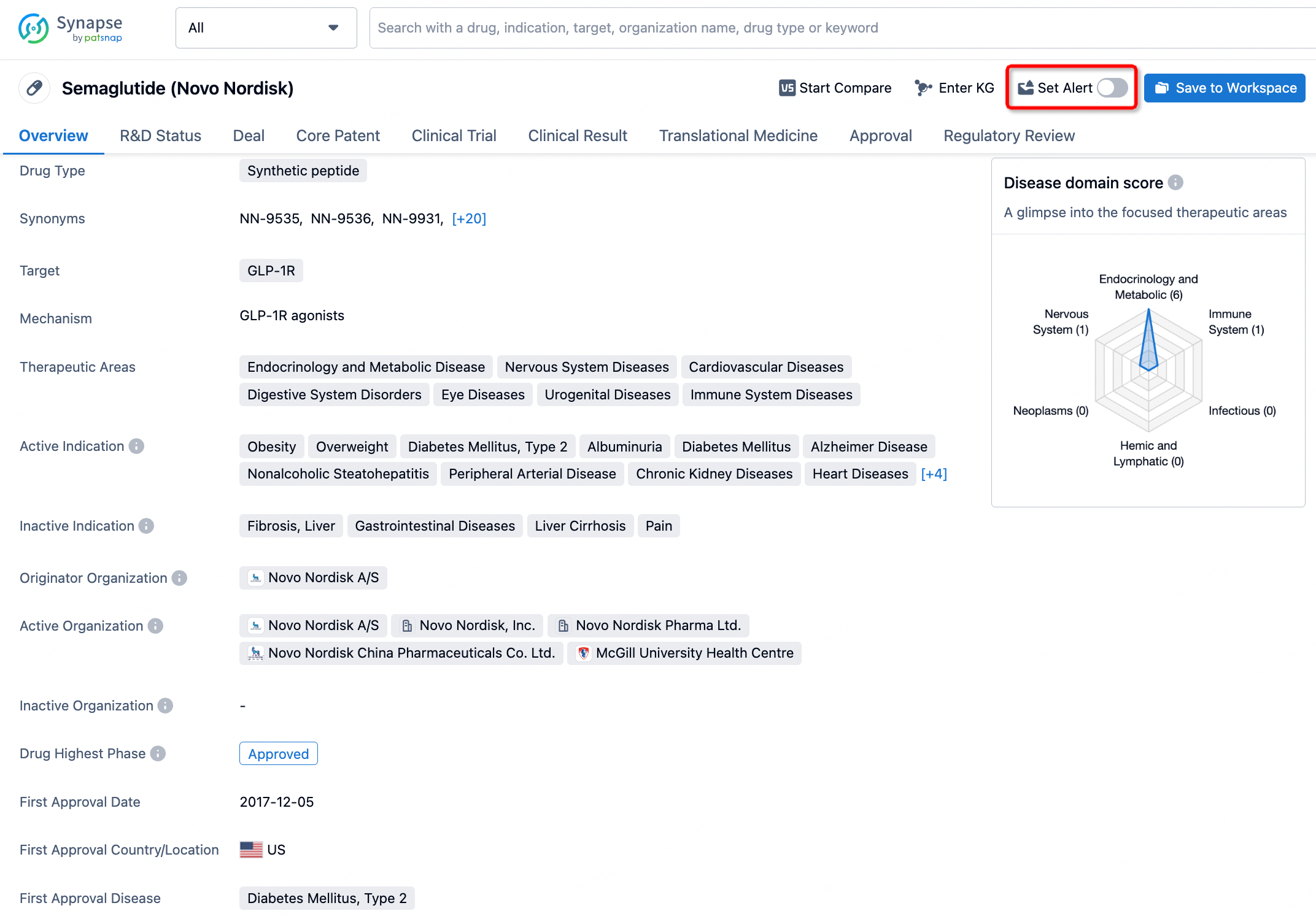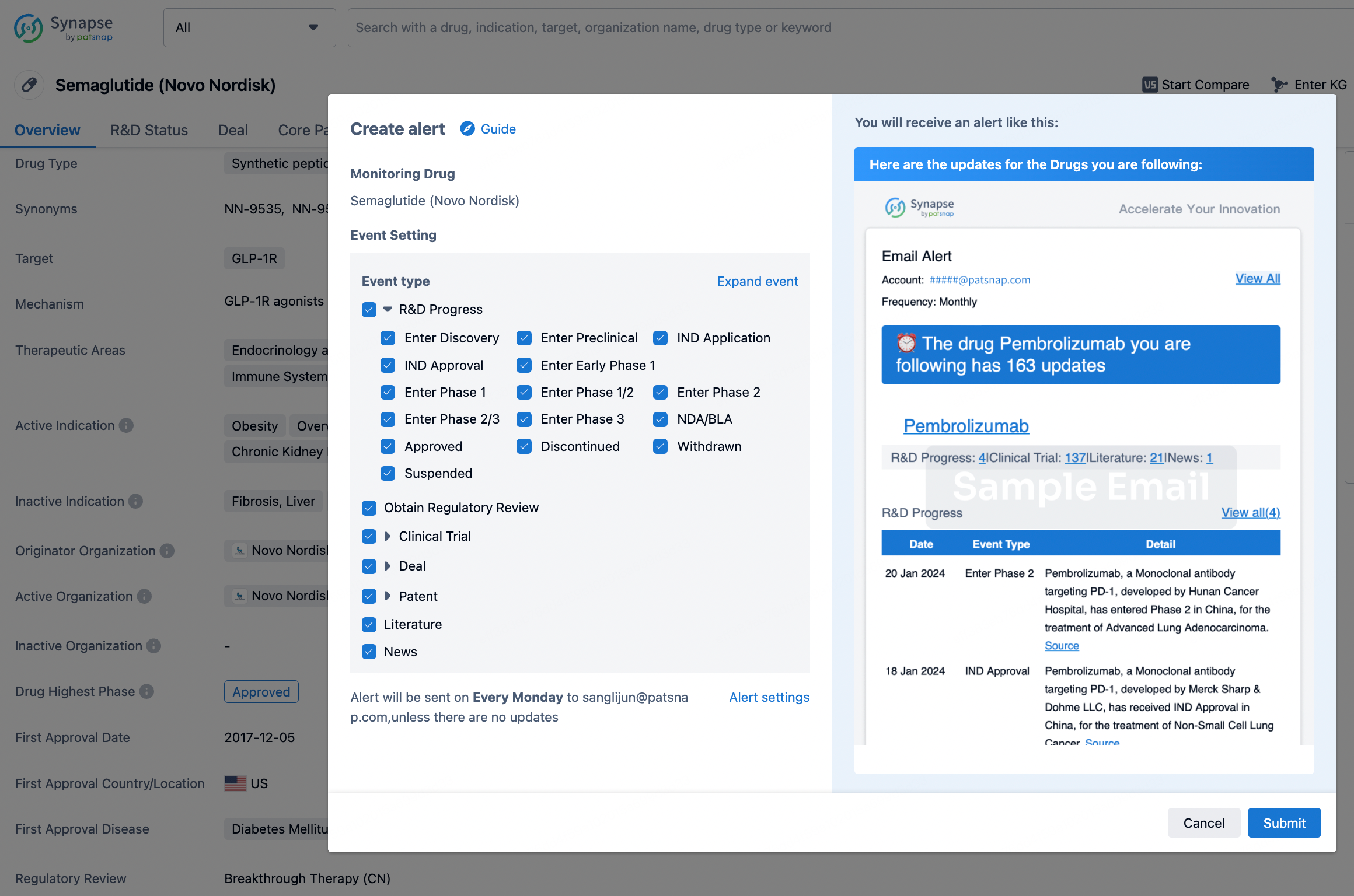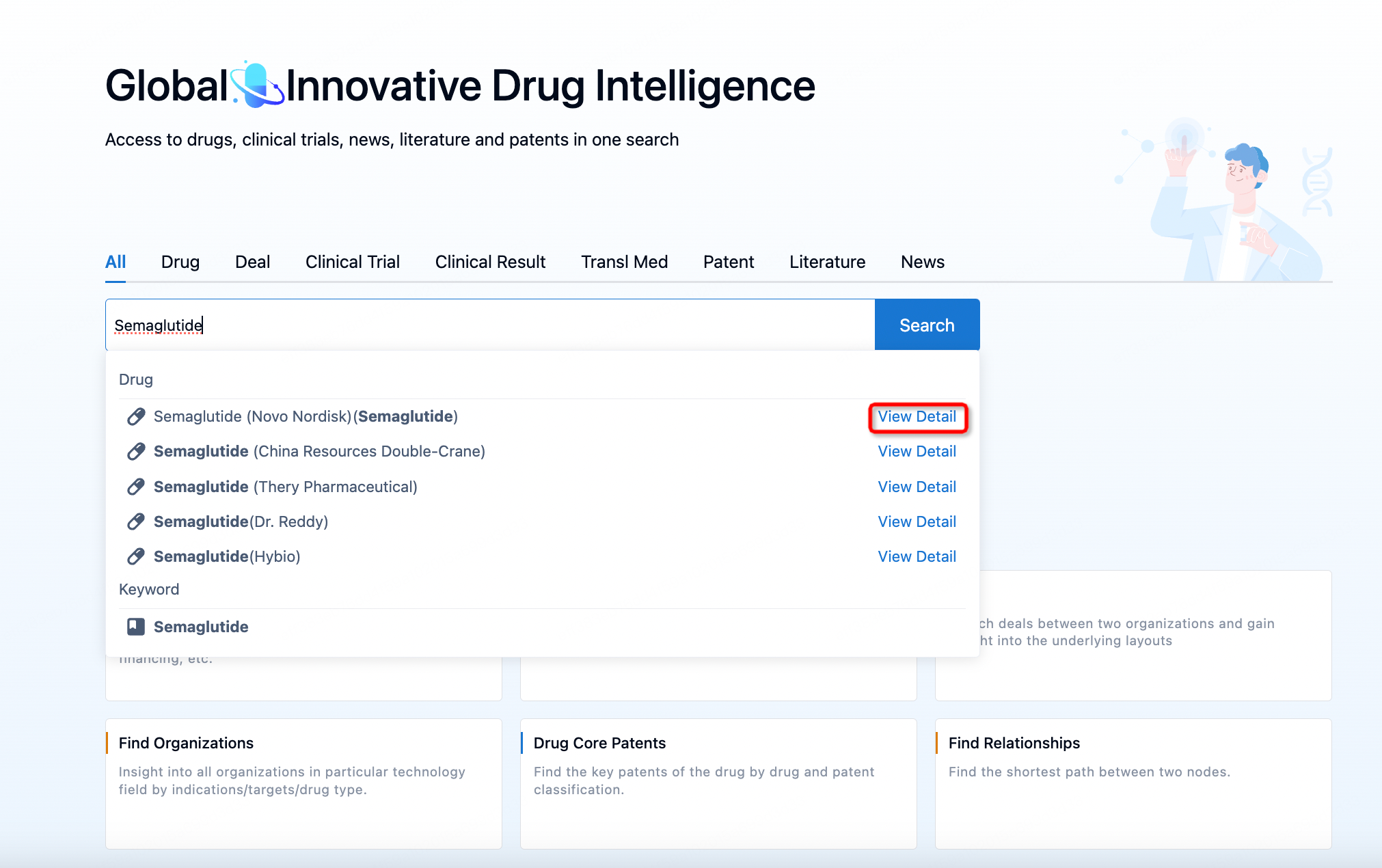What Does Lisocabtagene Maraleucel Do?
Lisocabtagene maraleucel, marketed under the brand name Breyanzi, is a revolutionary immunotherapy medication developed by Bristol-Myers Squibb. It targets CD19-positive B-cell lymphoma cells, a type of white blood cell that becomes cancerous in large B-cell lymphoma. The drug is classified under the miscellaneous antineoplastics and is used to treat adult patients with relapsed or refractory large B-cell lymphoma after at least two other cancer treatments have failed.
ShareLisocabtagene maraleucel represents a significant advancement in the field of cellular immunotherapy, offering a new treatment option for patients with limited alternatives.
Mechanism of Action of Lisocabtagene Maraleucel
Lisocabtagene maraleucel is a CD19-directed genetically modified autologous T-cell immunotherapy. It works by using the patient's own white blood cells, which are collected through a process called leukapheresis. These cells are then genetically modified in the laboratory to express a chimeric antigen receptor (CAR) that targets CD19, a protein found on the surface of certain B-cell lymphoma cells. Once infused back into the patient, these modified T-cells can identify and destroy the cancerous B-cells, offering a targeted approach to cancer treatment.
How to Use Lisocabtagene Maraleucel
Lisocabtagene maraleucel is administered intravenously as a suspension in authorized hospitals or clinics by specially trained healthcare professionals. The treatment process begins with leukapheresis to collect the patient's T-cells. These cells are then sent to a laboratory where they are manufactured into lisocabtagene maraleucel. The patient will also undergo pre-treatment with chemotherapy approximately 2 to 7 days before the infusion of lisocabtagene maraleucel to prepare the body for the treatment. The actual infusion of the drug may take several hours, and patients are advised to stay near the hospital or clinic for at least 4 weeks after treatment.
Side Effects of Lisocabtagene Maraleucel
Lisocabtagene maraleucel can cause a range of side effects, some of which can be severe. The most common but serious side effect is cytokine release syndrome (CRS), which presents with symptoms such as fever, chills, dizziness, confusion, vomiting, diarrhea, rapid heartbeats, and extreme fatigue. Other serious side effects may include problems with speech, confusion, memory problems, decreased consciousness, tremors, seizures, and signs of infection. Common side effects include headache, dizziness, nausea, vomiting, stomach pain, diarrhea, constipation, irregular heartbeats, cough, difficulty breathing, swelling, and bone, joint, or muscle pain.
Drug Interactions with Lisocabtagene Maraleucel
Patients receiving lisocabtagene maraleucel should inform their doctor about all medications they are currently taking, including prescription and over-the-counter drugs, vitamins, and herbal products. Certain medications may affect the efficacy of lisocabtagene maraleucel or increase the risk of side effects. It is crucial to follow the healthcare provider's instructions regarding the use of other medications during and after the treatment with lisocabtagene maraleucel.
In conclusion, lisocabtagene maraleucel is a groundbreaking treatment for adult patients with large B-cell lymphoma who have exhausted other treatment options. Its targeted immunotherapy approach offers a new path forward in the fight against this aggressive form of cancer. However, due to its complex administration process and potential for severe side effects, patients must be closely monitored by healthcare professionals throughout the treatment journey.
How to obtain the latest development progress of all drugs?
In the Synapse database, you can keep abreast of the latest research and development advances of all drugs anywhere and anytime, daily or weekly, through the "Set Alert" function. Click on the image below to embark on a brand new journey of drug discovery!







